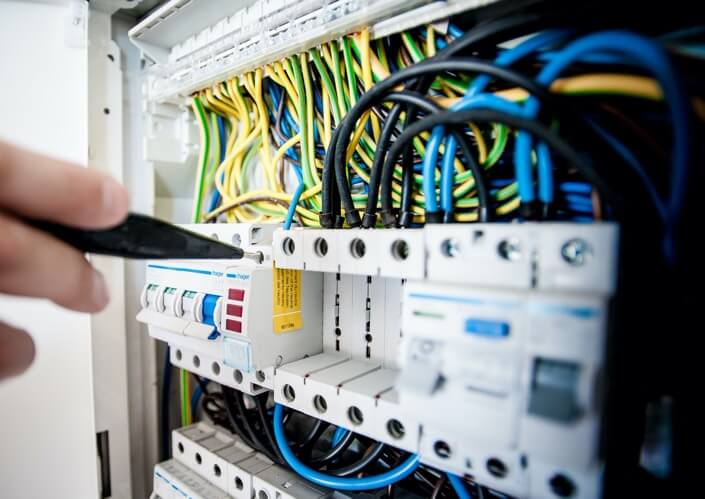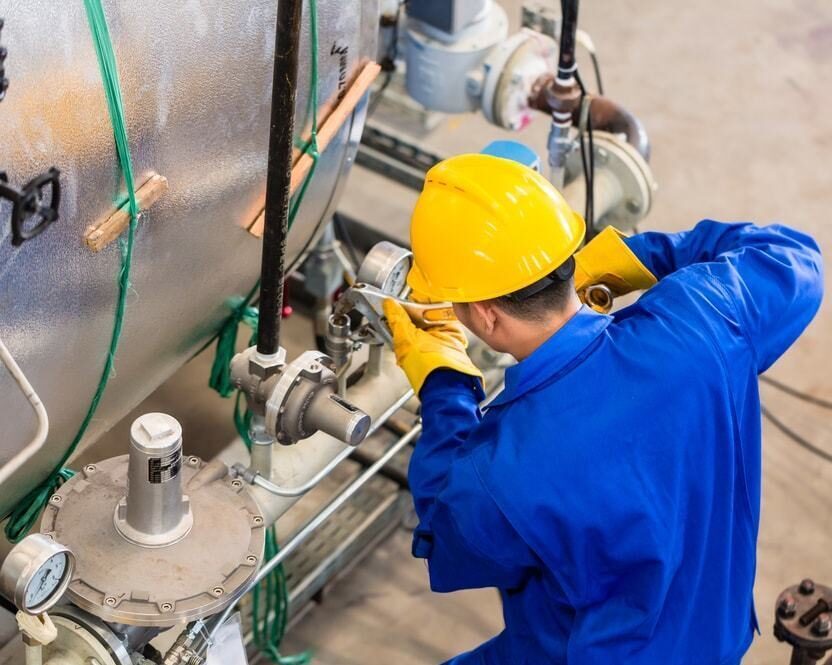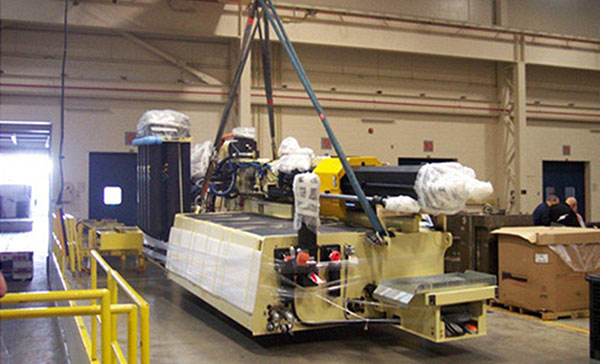The Importance of Electrical Maintenance in Factories
In factories, electrical systems are the backbone of operations, powering machinery, lighting, and automated processes that drive productivity. While these systems are built for durability and efficiency, they are not immune to wear and tear, environmental factors, and the demands of continuous operation. Regular electrical maintenance is crucial for ensuring the safe, reliable, and efficient performance of factory systems. Neglecting maintenance can lead to costly downtime, safety hazards, and reduced productivity.
This article explores why electrical maintenance is essential in factories and how it contributes to operational success.
1. Enhancing Equipment Reliability
Electrical systems in factories operate under constant stress, handling high loads to power machinery and production lines. Over time, components such as wiring, connectors, and circuit breakers can degrade, leading to malfunctions or inefficiencies.
Regular electrical maintenance ensures that:
- Worn Components are Identified and Replaced: Preventing unexpected failures that disrupt production.
- Connections are Secure: Reducing the risk of voltage drops or overheating that can damage machinery.
- Equipment Operates at Peak Efficiency: Minimizing energy waste and ensuring smooth production processes.
By maintaining electrical systems, factories can extend the lifespan of their equipment and avoid costly repairs or replacements.
2. Preventing Downtime and Production Losses
Unplanned electrical failures can bring production to a halt, resulting in significant downtime and financial losses. Routine maintenance helps identify potential issues before they escalate into major problems.
Key preventive measures include:
- Thermal Imaging Inspections: Identifying overheating components that could fail under continuous use.
- Load Testing: Ensuring electrical systems can handle production demands without overloading.
- Scheduled System Audits: Checking for irregularities in power distribution and performance.
With proactive maintenance, factories can reduce unplanned downtime and maintain consistent production output.

3. Ensuring Workplace Safety
Electrical systems can pose significant safety risks if not properly maintained. Faulty wiring, overloaded circuits, or poorly functioning equipment can lead to electrical fires, shocks, or explosions, endangering workers and facilities.
Regular maintenance improves safety by:
- Addressing Fire Hazards: Inspecting and replacing damaged or exposed wiring.
- Ensuring Proper Grounding: Reducing the risk of electrical shocks.
- Installing and Testing Safety Features: Such as circuit breakers, surge protectors, and emergency shut-off systems.
Maintaining electrical systems in compliance with safety standards, such as Ontario’s Occupational Health and Safety Act (OHSA), safeguards both employees and the facility.
4. Supporting Energy Efficiency and Cost Savings
Factories consume significant amounts of energy, making efficiency a priority. Poorly maintained electrical systems can waste energy through inefficient components, heat loss, or power leaks.
Routine maintenance helps:
- Optimize System Performance: Ensuring machinery operates with minimal energy waste.
- Reduce Energy Costs: By identifying and addressing inefficiencies, such as outdated or malfunctioning components.
- Promote Sustainability: Aligning factory operations with environmental regulations and goals.
Improved energy efficiency not only reduces operational costs but also enhances the factory’s environmental footprint.
5. Adapting to Technological Advancements
As factories adopt advanced machinery, automation, and IoT (Internet of Things) technologies, electrical systems become increasingly complex. Maintenance ensures these systems are compatible with modern requirements and can handle new equipment demands.
Upgrading and maintaining electrical systems allows factories to:
- Integrate New Technologies: Ensuring seamless performance with updated systems.
- Handle Increased Loads: Supporting expanded production lines or automated processes.
- Prevent Obsolescence: Keeping infrastructure up-to-date with industry advancements.
Best Practices for Electrical Maintenance in Factories
To maximize the benefits of electrical maintenance, factories should adopt the following practices:
- Develop a Maintenance Schedule: Regularly inspect, test, and service electrical systems to prevent issues.
- Utilize Skilled Professionals: Certified electricians or millwrights with electrical expertise ensure proper maintenance.
- Leverage Diagnostic Tools: Advanced tools like thermal imaging and circuit analyzers help detect hidden problems.
- Document Maintenance Activities: Keeping detailed records of inspections and repairs aids future troubleshooting.
- Focus on Training: Ensuring staff understand electrical safety protocols reduces risks and enhances response times during emergencies.
Conclusion
Electrical maintenance is not just a routine task—it is a critical investment in the reliability, safety, and efficiency of factory operations. By prioritizing regular maintenance, factories can prevent costly downtime, enhance safety, and ensure their systems are ready to meet both current demands and future advancements.
Partnering with experts like Bullet Trade Services ensures that your factory’s electrical systems receive the care they need. With skilled millwrights experienced in electrical troubleshooting, maintenance, and upgrades, we help factories across Ontario achieve operational excellence. Contact Bullet Trade Services today to learn more about our comprehensive maintenance solutions and how we can keep your factory running smoothly!


